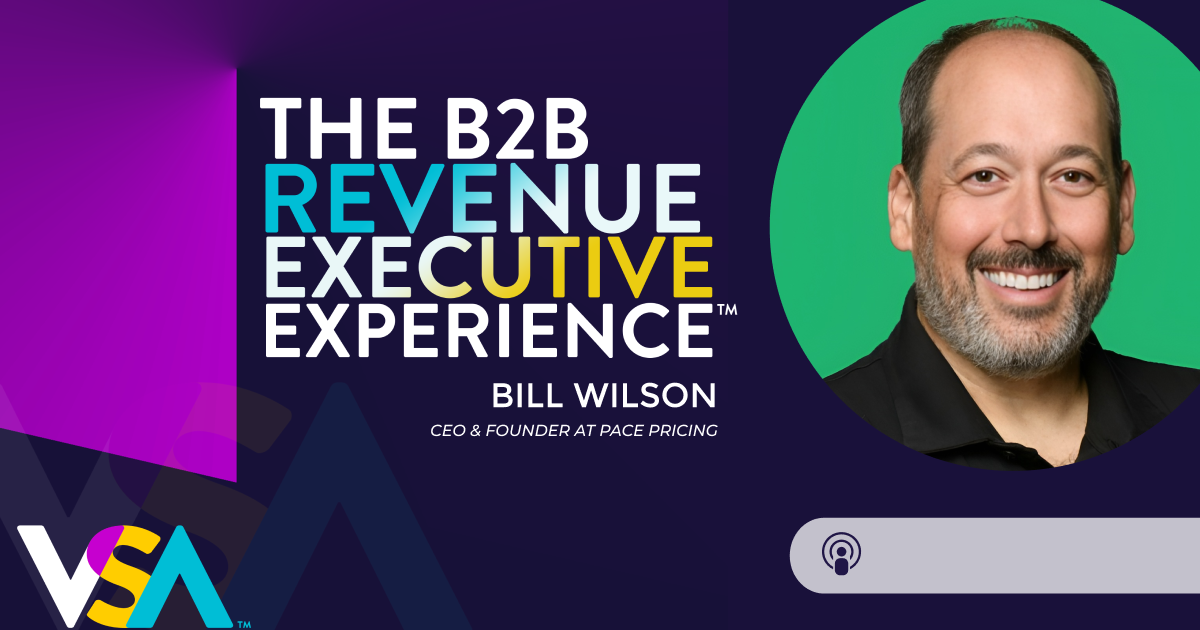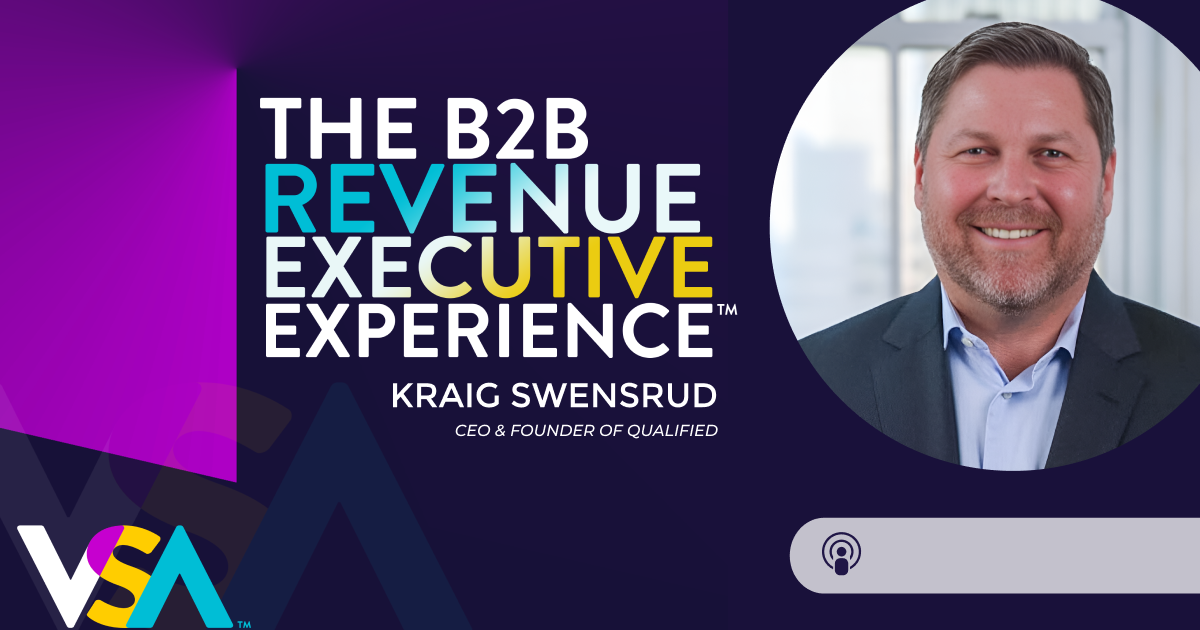Purpose Drives Profits: How to Really Be Customer-Centric

– Subscribe to the Podcast or Write a Review: –
iTunes – Google Podcasts – Stitcher – TuneIn
A noble purpose isn’t something that just happens.
It’s not like you need Bill Gates’ success to have one.
In reality, it’s the other way around.
Today, I’m joined by Lisa McLeod, best-selling author of Selling with Noble Purpose and Founder of McLeod & More, to discuss why finding purpose is such an important step for any successful organization.
Lisa explains:
- Why you need a purpose
- How to find your aim and your lane
- Why your customers should value you and not just your product
What’s your purpose?
It can seem like a platitude, but finding your noble purpose as an organization is vital to your success.
Though, it may be helpful to think about why a conversation about purpose may seem like a buzzword.
Many think purpose is reserved for doctors, teachers and people who are so successful that eradicating malaria for good seems doable.
Meanwhile, other people mistake purpose for some fuzzy, cuddly thing that goes out the window when it’s time to make a profit.
But that only happens when you fail to define purpose correctly.
Simply put, purpose is about how you make a difference for your customers.
“It’s not just about pleasing your customers. It’s about improving your customers.”
LISA MCLEOD at McLeod & More
And when you center your mission on improving your customers, success follows.
Purpose drives profits, not the other way around.
Find your aim and lane
In her research, Lisa has found that organizations that have made their noble purpose improving the lives of their customers outperform the market by 350%.
Let’s take a moment to appreciate how huge that number is…
350%.
But if you want to reap the rewards, you need to really think about how you are going to serve.
Every company says they are customer-centric. But how many really are?
Being customer-centric is more than just doing right by your customers — though, of course, that’s important. Customer-centricity is about finding a way to have a real impact on your customers lives.
And that means having clarity about the impact you are having.
“If the customer places no value on you and the sole value is on the functionality of your product, you’re going to be dead in the water.”
LISA MCLEOD at McLeod & More
Lisa gives the example of one of her clients: a bank.
They’ve defined their purpose simply: We fuel prosperity.
Now, you may think that sounds like another platitude but, when it really is the driving force behind your organization, it becomes so much more.
We’ve already gone over the revenue component (350%!), so let’s take a look at another effect of such a simple, yet powerful, purpose.
Imagine you’re on a sales team with a boss whose purpose seems to just be his ability to accidentally parody the always-be-closing speech from Glengarry Glen Ross.
Now imagine being on a team at this bank.
Would you prefer being on the team that finds every possible opportunity to improve the lives of their customers…
Or the one with some guy in suspenders slapping coffee out of your hand and bragging about his car?
Putting the customer at the center of your mission not only improves your revenue, it improves your organization.
Does your customer value you or your product?
One of the other ways that purpose changes your organization is its ability to change the game.
If you get serious about your purpose, you can move past the transactional and into something deeper — a relationship with you and not just your product.
“If the customer places no value on you and the sole value is on the functionality of your product, you’re going to be dead in the water.”
LISA MCLEOD at McLeod & More
It’s pretty rare to be selling a product with no competition and even if your product is the best, people buy from people.
And at an individual level, there is responsibility for being the kind of people from whom people buy.
But how do you set this as the default for everyone in your organization?
It all boils down to how well organized your organization is.
If you’re serious about becoming customer-centric, then everything should be geared around helping them solve their problems.
Executives should talk about helping the customer so often that their exuberance permeates the building like the smell of bacon — and if they’re serious about it, it should be just as enticing.
Stories need to be shared about customer success. Meetings should revolve around helping the customer.
“How can we improve our customers’ lives today?” should be the central question upon which everything else in your business is built. If you want a better workplace, profits and customer’s who value you, everything you do should be about your purpose.Because if it isn’t, then your purpose is still just a platitude.
This post includes highlights of our podcast interview with Lisa McLeod, best-selling author of Selling with Noble Purpose and Founder of McLeod & More.
Subscribe to hear this episode and many more like it. For the entire interview, you can listen to The B2B Revenue Executive Experience. If you don’t use Apple Podcasts, we suggest this link.
Explore More









